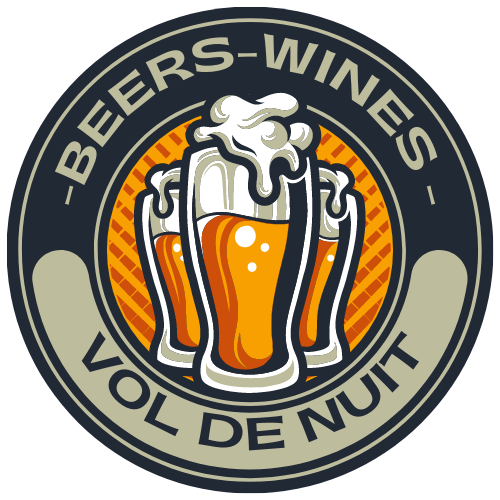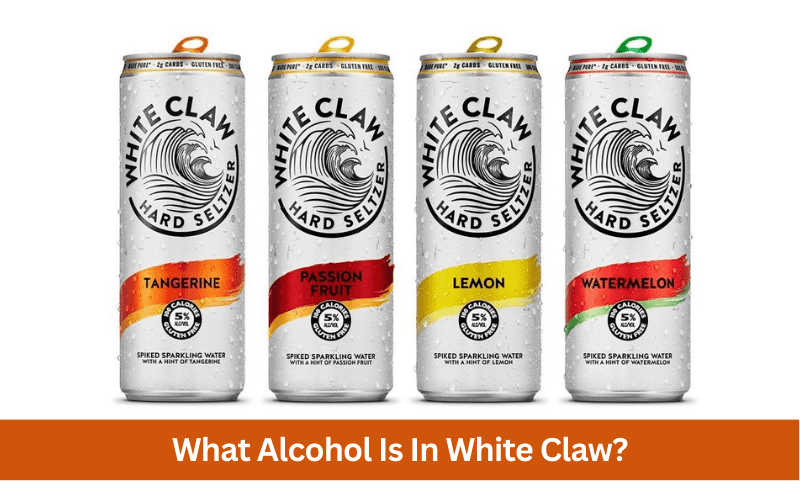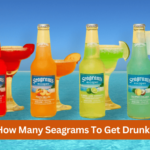Have you found yourself sipping on a refreshing White Claw on a hot summer day, wondering what alcohol is in White Claw? As someone who has enjoyed more than their fair share of White Claws, I was curious about what alcohol is in White Claw and what else goes into this trendy drink. After doing some research, I found that there is more to White Claw than meets the eye. From its unique brewing process to the natural flavors that give it its distinct taste, understanding what alcohol is in white claw has made me appreciate this beverage even more.
What are White Claw Hard Seltzers?
White Claw Hard Seltzers are a type of alcoholic beverage that is made from a blend of seltzer water, a gluten-free alcohol base, and a variety of natural fruit flavors. They are known for being low in calories and carbs and have become increasingly popular in recent years as a refreshing alternative to beer and other high-calorie drinks.
Is White Claw a Beer or a Hard Seltzer?
White Claw is a type of hard seltzer, not a beer. Hard seltzers are typically made from a blend of seltzer water, alcohol, and natural fruit flavors, and are known for being low in calories and carbs. While White Claw may resemble beer in terms of its packaging and branding, it is classified as a hard seltzer due to its ingredients and production process.
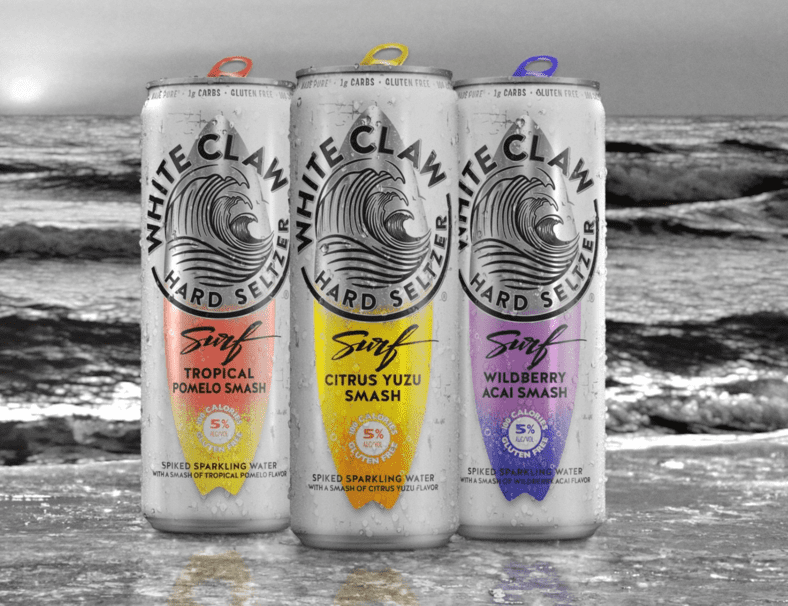
What is in a White Claw Drink?
The exact ingredients in a White Claw drink may vary slightly depending on the flavor, but generally, they contain the following components:
- Seltzer water: This is the main component of a White Claw drink, and it gives the beverage its carbonation.
- Alcohol: White Claw contains a gluten-free alcohol base that is made from fermented sugars.
- Natural flavors: White Claw drinks are flavored with natural fruit extracts, such as mango, black cherry, or lime. These flavors are derived from a variety of sources, including fruit juices and essential oils.
- Cane sugar: In some cases, White Claw may contain a small amount of cane sugar to balance the flavors and add sweetness.
- Citric acid: This ingredient is used to enhance the flavors and preserve the freshness of the beverage.
- Sodium citrate: This is a salt that is used as a flavoring agent and a preservative.
- Potassium citrate: This is a salt that is used to regulate acidity and enhance the flavors.
How is White Claw Made?
White Claw is made using a brewing process similar to that of beer. Here is a simplified overview of the process:
- Fermentation: The alcohol base for White Claw is made from fermented sugars, which can come from a variety of sources such as corn, barley, or cane sugar.
- Mixing: The fermented alcohol base is mixed with carbonated water and natural fruit flavors to create the signature White Claw taste.
- Carbonation: The beverage is then carbonated to add bubbles and give it a refreshing, fizzy quality.
- Packaging: The final product is packaged in cans or bottles and distributed to retailers and consumers.
It’s worth noting that the exact process may vary slightly depending on the specific flavor or variety of White Claw being produced. However, the above steps provide a general overview of how this popular beverage is made.
Types of Flavours
White Claw comes in a variety of flavors, each with its own unique taste profile. As of 2021, the available flavors include:
- Black Cherry: This flavor is a mix of black cherry and other natural fruit flavors, and is known for its slightly sweet taste and subtle tartness.
- Mango: Mango is a tropical fruit flavor that is popular in many beverages. The White Claw Mango flavor is made with real mango juice and has a slightly sweet, fruity taste.
- Natural Lime: The Natural Lime flavor is made with real lime juice, giving it a crisp, refreshing taste that is perfect for summer sipping.
- Raspberry: The Raspberry flavor is a blend of real raspberry juice and other natural fruit flavors. It has a slightly sweet, tart taste and a bright pink color.
- Ruby Grapefruit: This flavor is made with real grapefruit juice and has a tangy, citrusy taste that is balanced with a slightly sweet finish.
- Watermelon: The Watermelon flavor is a fan favorite, thanks to its sweet, juicy taste and refreshing finish.
- Tangerine: Tangerine is a bright, citrusy flavor that is perfect for those who love a bit of tanginess in their beverages.
- Lemon: The Lemon flavor is made with real lemon juice and has a tart, zesty taste that is perfect for hot summer days.
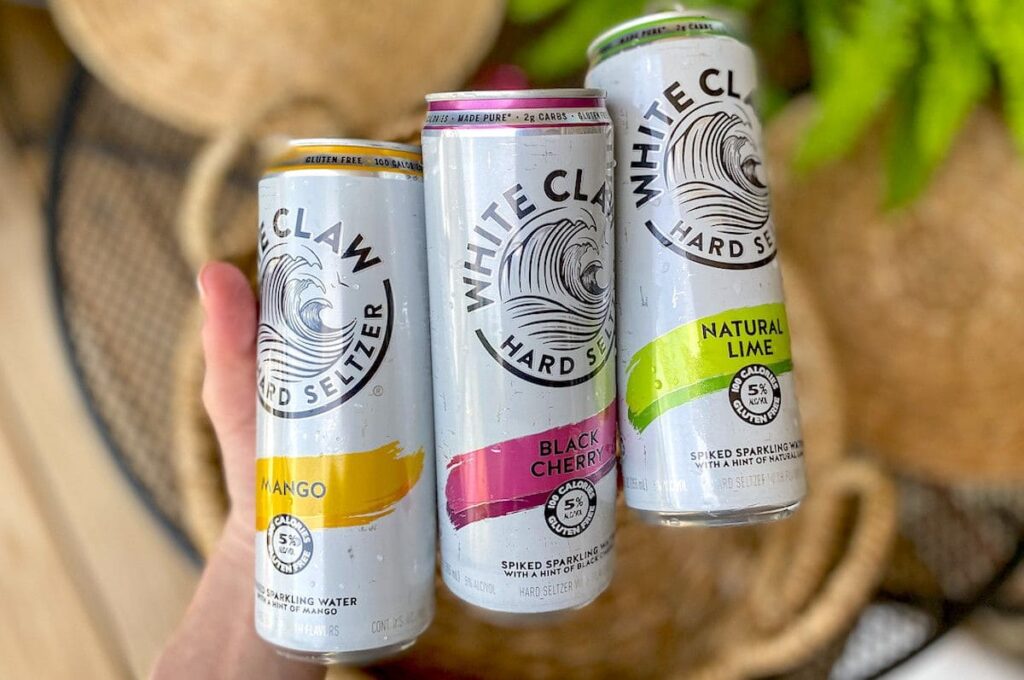
What is the Alcohol in White Claw?
The alcohol in White Claw and other hard seltzer brands is typically made from fermented sugars derived from malted barley and corn. This type of alcohol is commonly referred to as “malt liquor” .
However, White Claw and some other hard seltzer brands also use a unique brewing process that involves fermenting cane sugar rather than traditional beer ingredients.
What Type of Alcohol is in White Claw?
So, do you know what alcohol is in White Claw? White Claw Hard Seltzers are made from a gluten-free malted triple distilled alcohol base that is derived from fermented sugars. The specific type of alcohol used is not disclosed by the company, but it is known to be gluten-free. The alcohol is blended with seltzer water and natural fruit flavors to create the signature taste of White Claw.
White Claw Alcohol Content
One common question about White Claw is “how much alcohol is in White Claw?” The answer is that White Claw has an alcohol content of 5% ABV (alcohol by volume), which is the same as many beers and other alcoholic beverages.
It’s worth noting that while White Claw is marketed as a “hard seltzer,” it still contains a significant amount of alcohol and should be consumed responsibly.
How Many Calories and Carbs in White Claw?
A 12-ounce serving of White Claw contains 100 calories, 2 grams of carbohydrates. This low calorie and low carbohydrate content are part of what makes White Claw a popular beverage option for those who are looking for a lighter, healthier alternative to traditional alcoholic drinks.
White Claw Vs. Other Alcoholic Beverages
| Category | White Claw | Beer | Wine | Spirits |
| Alcohol Content | 5% ABV | Varies (typically 4-6% ABV) | Varies (typically 12-15% ABV) | Varies (typically 40% ABV or higher) |
| Calories (per 12 oz. serving) | 100 | Varies (typically 100-200) | Varies (typically 120-200) | Varies (typically 70-100) |
| Carbohydrates (per 12 oz. serving) | 2 g | Varies (typically 10-20 g) | Varies (typically 4-10 g) | 0 g |
| Sugar (per 12 oz. serving) | <1 g | Varies (typically 0-20 g) | Varies (typically 0-10 g) | 0 g |
| Gluten-Free | Yes | No (unless specified) | No (unless specified) | Yes (unless flavored) |
| Flavor Options | Multiple flavors | Limited (typically only a few varieties) | Limited (typically only a few varieties) | Limited (typically only a few varieties) |
| Carbonation | Yes | Yes | No | No (unless mixed with a carbonated mixer) |
Is White Claw healthier than beer?
White Claw has fewer calories and carbohydrates than beer on average, making it a potentially healthier choice for those watching their calorie and carb intake.
However, you should note that alcohol consumption in any form should be done in moderation and excess consumption of either beverage can have negative health consequences.
Ultimately, whether or not White Claw is “healthier” than beer depends on individual health goals and circumstances.
Is the Alcohol in White Claw stronger than others?
No, the alcohol content in White Claw is typically 5% ABV (alcohol by volume), which is similar to the average alcohol content in beer. It’s lower than the alcohol content in most spirits, but similar to the alcohol content in other popular hard seltzer brands.
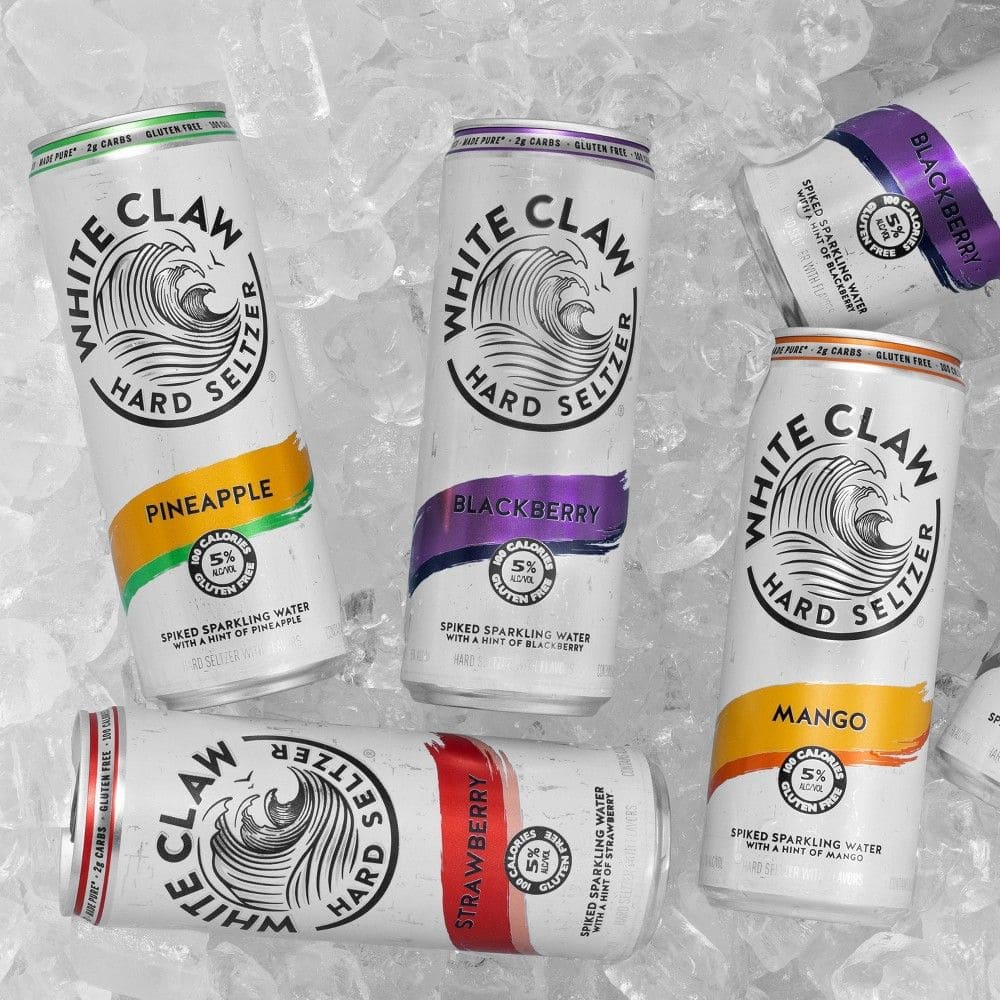
Will White Claw Give You A Hangover?
Drinking White Claw or any other alcoholic beverage can lead to a hangover if consumed in excess. Hangovers are typically caused by dehydration, irritation of the stomach lining, and inflammation throughout the body caused by the breakdown of alcohol.
But, the severity of a hangover can vary based on factors such as how much alcohol is consumed, how quickly it’s consumed, and individual differences in alcohol tolerance.
How Many White Claws Get You Drunk?
White Claws (or other alcoholic beverages) can have varying effects on different people based on their weight, metabolism, and tolerance.
A person of average body weight and tolerance may become intoxicated after taking 4–5 White Claws in a short period of time (such as within an hour). Always be aware of your limits and drink sensibly.
What Are the Pros and Cons of Drinking White Claw?
Here are some potential pros and cons of drinking White Claw:
Pros
- Fewer calories and carbs than many other alcoholic beverages, making it a potentially healthier choice for those watching their diet
- Comes in a variety of flavors, making it a refreshing and enjoyable drink for many people
- Easy to drink and convenient, as it comes in a can and doesn’t require mixing or preparation
Cons
- Can be expensive compared to other alcoholic beverages
- Contains alcohol, which can be addictive and have negative health effects if consumed in excess
- May cause dehydration, especially if consumed in large quantities or in combination with other alcoholic beverages
- May be less satisfying than other alcoholic beverages for those who prefer the taste of beer, wine, or spirits
Remember that the pros and cons of drinking White Claw can vary depending on individual circumstances and preferences. It’s always a good idea to drink responsibly and in moderation to minimize the potential negative effects of alcohol consumption.
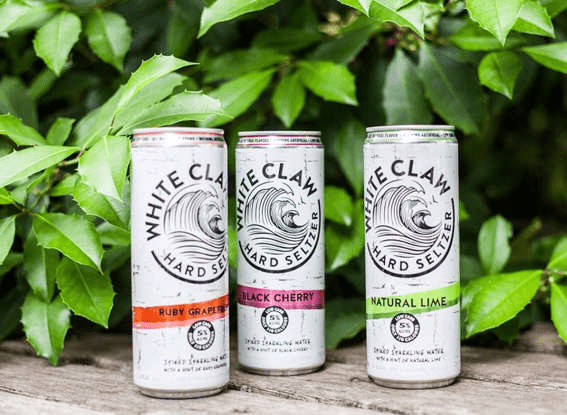
FAQs
Is there vodka in a White Claw?
No, White Claw is a flavored malt beverage that does not contain vodka.
Is White Claw healthier than vodka?
White Claw and vodka have different nutritional values and health risks. While White Claw is lower in calories and carbohydrates than many other alcoholic beverages, it still contains alcohol and can be harmful when consumed in excess. Vodka, on the other hand, is a distilled spirit that contains no carbohydrates but has a higher alcohol content.
How many White Claws equal a glass of wine?
The amount of White Claws that equal a glass of wine varies based on individual factors such as alcohol content, serving size, and brand. On average, one glass of wine is equivalent to two cans of White Claw.
Which is healthier White Claw or truly?
Both White Claw and Truly are low-calorie, low-carbohydrate hard seltzer brands that are similar in nutritional value. The health benefits and risks of both beverages are similar, and it’s important to drink responsibly and understand your limits when consuming either.
What is so special about White Claw?
White Claw’s popularity is due to its refreshing taste, convenience, and lower calorie count compared to many other alcoholic beverages. It’s also popular among people who prefer gluten-free options.
Why do Americans drink White Claw?
Americans drink White Claw for its convenience, refreshing taste, and lower calorie count. It’s become a popular alcoholic beverage choice in recent years, particularly among millennials.
Can you buy White Claw under 21?
No, it’s illegal to purchase or consume alcohol in the United States under the age of 21.
Does White Claw have caffeine?
No, White Claw does not contain caffeine.
Is White Claw basically vodka soda?
White Claw is a flavored malt beverage that contains carbonated water, alcohol, and natural fruit flavoring. It’s similar to vodka soda in terms of calorie count, but the taste and composition differ.
Is High Noon better than White Claw?
Both High Noon and White Claw are low-calorie, low-carbohydrate hard seltzer brands that are similar in nutritional value. The taste and composition differ, and it’s up to personal preference which brand is “better.”
Conclusion
In conclusion, understanding what alcohol is in White Claw can help consumers make informed decisions about their beverage choices. As someone who has enjoyed White Claw on several occasions, I can attest to its refreshing taste and convenience. However, it is important to remember that, like any alcoholic beverage, White Claw should be consumed responsibly and in moderation. By educating ourselves about the ingredients and nutritional information, we can make informed decisions about what we choose to consume. Ultimately, the decision to drink White Claw or any other alcoholic beverage is a personal one that should be made with caution and consideration.
I’m Chen Mina, from Vol de Nuit, who has a special passion for bartending, especially mixing wine, beer, and cooktail. Here you will find content about alcoholic beverages, I will bring you knowledge that few people know about this drink.
